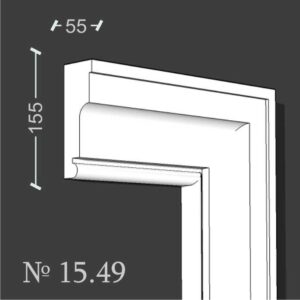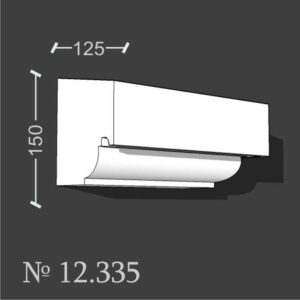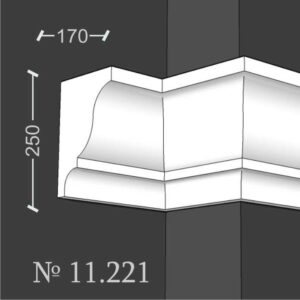Dealing with water heater problems can be frustrating and inconvenient, often disrupting your daily routine. Whether it’s a lack of hot water, strange noises, or leaks, understanding how to troubleshoot these issues can save you time and money.
In this guide, we will explore 10 effective ideas for resolving common water heater problems, helping you restore your system’s functionality more efficiently.
By following these tips, you can ensure your water heater operates at its best, providing reliable and consistent hot water for your household needs.
1. Regular Maintenance Checks
Routine maintenance is crucial for the longevity and efficiency of your water heater. Schedule annual inspections with a professional to check for any signs of wear and tear, corrosion, or other potential issues that could lead to bigger problems.
2. Check the Thermostat Settings
If your water heater isn’t producing hot enough water, the first step is to check the thermostat settings. Sometimes, the thermostat may be set too low inadvertently. For most households, setting the thermostat between 120-140 degrees Fahrenheit is ideal.
3. Flush the Tank Annually
Sediment build-up can affect the efficiency of your water heater and lead to issues like noise, reduced heating capacity, and even leaks. Flushing the tank annually helps remove these sediments, improving the system’s performance and longevity. For detailed guidance on handling these water heater problems, this resource can be invaluable.
4. Inspect the Anode Rod
The anode rod protects your water heater tank from corrosion. It should be checked every couple of years and replaced if more than 50% worn. This is a relatively simple maintenance task that can prevent a lot of future headaches.
5. Address Leaks Immediately
If you notice any water pooling around your water heater, it’s important to address the issue immediately. Leaks can be caused by loose connections, faulty valves, or even tank corrosion. Identifying and fixing leaks early can prevent further damage to your water heater and your home.
6. Test the Pressure Relief Valve
The pressure relief valve is a safety feature that helps avoid pressure buildup in the water heater tank, which could lead to explosions. Testing this valve annually ensures that it operates properly. Simply lift the valve’s handle and let it snap back, listening for a gurgling sound that indicates the release of water into the drain tube.
7. Consider Insulation
Insulating your water heater tank and the first few feet of the hot and cold water pipes can reduce heat loss, save energy, and result in lower heating costs. Insulation jackets for the tank and foam sleeves for the pipes are inexpensive and easy to install.
8. Upgrade to a More Efficient Model
If your water heater is more than 10 years old, it might be time to consider upgrading to a newer, more energy-efficient model. New water heaters tend to be more efficient and can save significant amounts on your energy bill.
9. Monitor Water Quality
Hard water can significantly impact the efficiency of your water heater by promoting scale buildup. Installing a water softener in your home can help improve water quality and increase the lifespan of your water heater.
10. Professional Help for Complex Issues
If you’ve tried basic troubleshooting and your water heater problems persist, it might be time to call in the professionals. Some issues, particularly those involving gas or electrical components, should be handled by a licensed technician to ensure safety and proper repair.
Frequently Asked Questions
How long do water heaters typically last?
The average lifespan of a water heater is around 8-12 years, depending on the model, maintenance schedule, and water quality.
Is it safe to repair a water heater on my own?
While some minor repairs and maintenance tasks can be DIY, it’s important to be cautious. Always turn off the power to an electric heater or the gas supply before starting any repairs and consult professional help for more complex issues.
What is the most common cause of water heater failures?
The most common cause is sediment buildup in the tank, which can reduce heating efficiency and clog the water lines.
Can a leaking water heater be repaired?
This depends on the source of the leak. While some leaks can be fixed by tightening connections or replacing faulty components, leaks from the tank itself typically require a water heater replacement.
Conclusion
Resolving water heater problems efficiently requires a mix of regular maintenance, proactive upgrades, and knowing when to call in the experts. By implementing these 10 ideas, you can extend the life of your water heater, enhance its performance, and avoid the inconvenience of unexpected breakdowns. Always prioritize safety and professional advice for complex issues, ensuring your water heater continues to provide comfort and convenience to your home.













